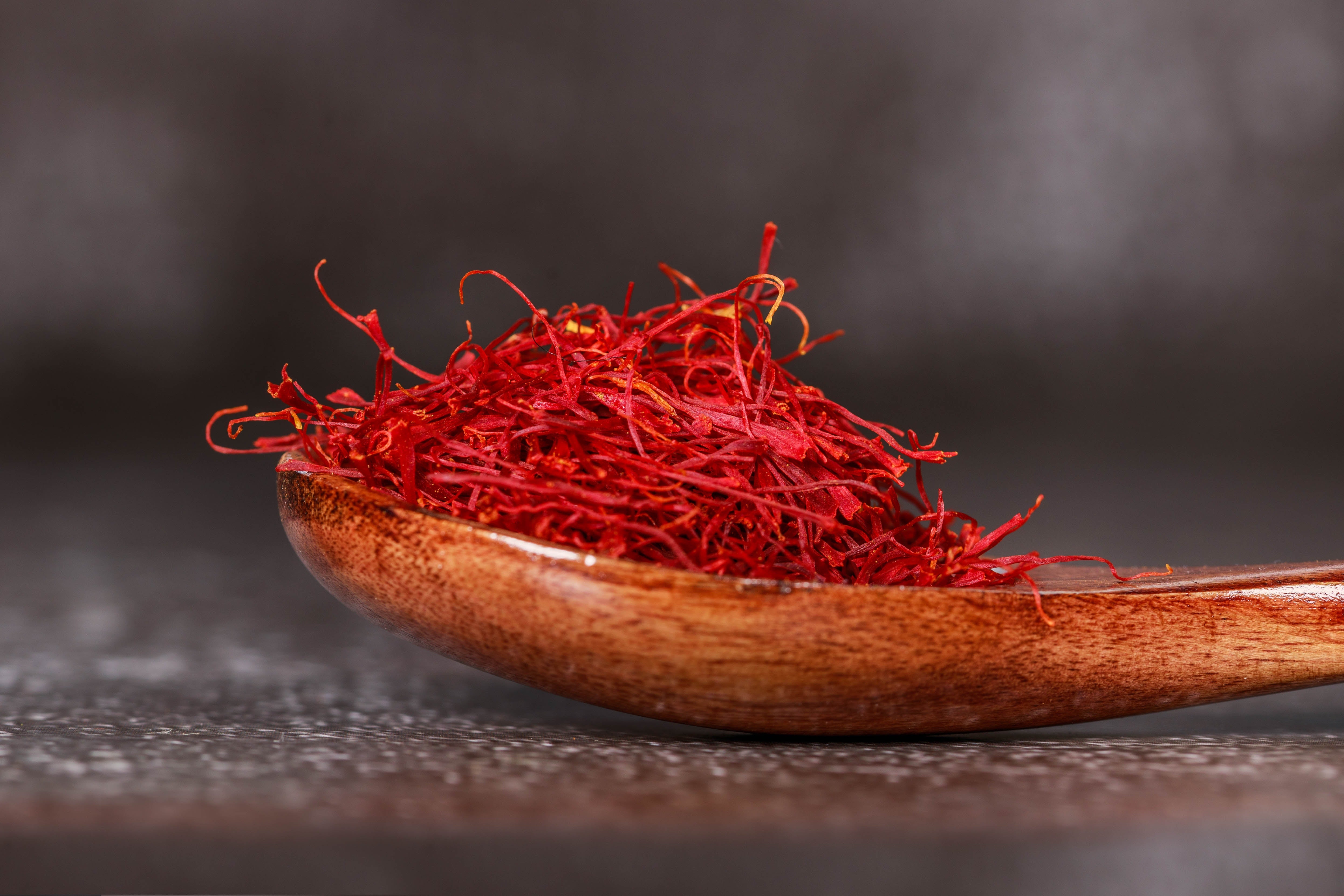- DAY
- HR
- MIN
- SEC
30% off sitewide! Sale ends soon. -dsktp
30% off sitewide! - mbl
30% off sitewide! Sale ends soon. -dsktp
30% off sitewide! - mbl
30% off sitewide! Sale ends soon. -dsktp
30% off sitewide! - mbl

A good night's sleep is essential for our overall well-being. Many people turn to melatonin supplements to aid in achieving a restful slumber. However, it is important to be aware of the potential negative effects of melatonin and explore alternative options. In this blog post, we will discuss the drawbacks of melatonin and introduce three natural alternatives: Reishi, Saffron, and GABA. These alternatives may provide a safer and more holistic approach to improving sleep quality.
Melatonin is a hormone naturally produced by the pineal gland in our brain. It plays a crucial role in regulating our sleep-wake cycle. Although melatonin supplements are generally considered safe for short-term use, they do come with potential downsides. Some of the negative effects associated with melatonin supplementation include:
Disrupted Sleep Patterns: Taking melatonin supplements inappropriately or in high doses can lead to a disruption in the body's natural production of the hormone, potentially causing imbalances in the sleep-wake cycle.
Daytime Drowsiness: Melatonin's primary function is to regulate sleepiness, so taking too much can result in excessive drowsiness during the day, affecting cognitive function and productivity.
Dependence and Tolerance: Prolonged use of melatonin supplements can lead to the body's dependence on external sources of the hormone, potentially reducing its natural production and requiring higher doses to achieve the same effect.
Fortunately, nature offers several alternatives to melatonin that can help promote better sleep without the potential negative effects. Let's delve into three such alternatives:
Reishi: Reishi, also known as Ganoderma lucidum, is a type of mushroom that has been used in traditional Chinese medicine for centuries. It contains bioactive compounds that support relaxation and improve sleep quality. Reishi promotes calmness by reducing anxiety and stress, allowing for a more peaceful transition into sleep.
Saffron: Known for its culinary and medicinal uses, saffron (Crocus sativus) has demonstrated potential benefits for sleep. Studies suggest that saffron may help regulate sleep-wake cycles, improve sleep duration, and reduce insomnia symptoms. It contains compounds that positively influence neurotransmitters involved in sleep regulation, promoting a sense of tranquility.
GABA (Gamma-Aminobutyric Acid): GABA is an inhibitory neurotransmitter that plays a crucial role in regulating sleep and relaxation. Supplements containing GABA can promote a sense of calmness and help reduce anxiety, making it easier to fall asleep. GABA also enhances the natural production of melatonin, thereby supporting a healthy sleep-wake cycle.
While melatonin supplements may be useful in certain circumstances, it's important to be aware of their potential negative effects. Exploring natural alternatives like Reishi, saffron, and GABA can provide a safer and more holistic approach to improving sleep quality. These natural options promote relaxation, reduce anxiety, and support the body's natural sleep-wake cycle, leading to a more restful and rejuvenating slumber. As always, it is advisable to consult with a healthcare professional before incorporating any new supplements into your routine to ensure they are suitable for your specific needs and circumstances.
Leave a reply